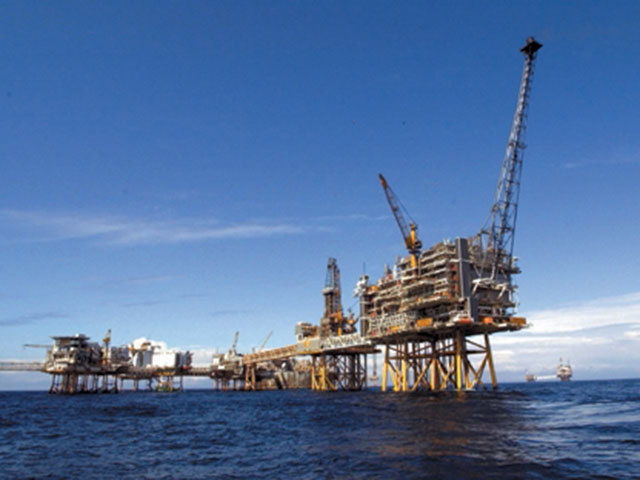
Norway is sitting on 10 billion barrels in discovered but untapped oil and gas reserves representing a £64billion prize – but “significant challenges” must be overcome in order to maximise the value of these projects, a new report has found.
Consultancy Wood Mackenzie said Norway’s untapped reserves are held in 206 discoveries, including up to 2.4billion barrels of oil equivalent in the giant Johan Sverdrup field.
Around half of the finds are in the North Sea while the rest are divided equally between the Norwegian and the frontier Barents Sea.
But Edinburgh-based Wood Mac, which prepared the new analysis for ONS 2014, claimed that only 64% of the fields will be economic, or potentially economic to exploit.
James Webb, North West Europe Upstream Analyst, estimates that the feasible fields would be worth £13.3billion to oil and gas firms while the Norwegian government would rake in over £50billion in tax revenue – excluding the profits of Statoil and the State Direct Financial Interest (DFI).
But he cautioned that there were significant technical and commercial obstacles to overcome.
“Not all undeveloped discoveries will reach commerciality,” said Webb.
“A considerable number of technical and commercial challenges exist that could threaten the development of these discoveries. Low reserves, lack of infrastructure and/or complex geology are just some examples of the technical obstacles faced.
“Commercially, the global upstream industry faces an extremely difficult economic environment. Investors are increasingly demanding bigger dividends and a better rate of return. As a result many companies have committed to stricter capital discipline and are intensely screening projects based on financial criteria.
“Capital intensive projects are particularly being scrutinised.
“This means more difficult projects could be delayed, and in some circumstances will simply remain undeveloped,” he added.
Wood Mackenzie also suggests recent exploration success in Norway has hindered the pace of the development of these discoveries.
“Over the last five years the average size of new discoveries has been greater than the average undeveloped field and therefore new fields have been prioritised.
“In keeping with the capital discipline theme, complex developments such as high pressure high temperature (HP/HT) are also being delayed in favour of more straightforward projects.”
Despite the obstacles Wood Mack said the pipeline of future developments in Norway is strong for several companies, including Lundin Petroleum, Det Norske, Faroe Petroleum.
“However we see increased cooperation between the companies, state DFI, and Norwegian government as vital in order to achieve the £64 billion prize,” Webb said.
